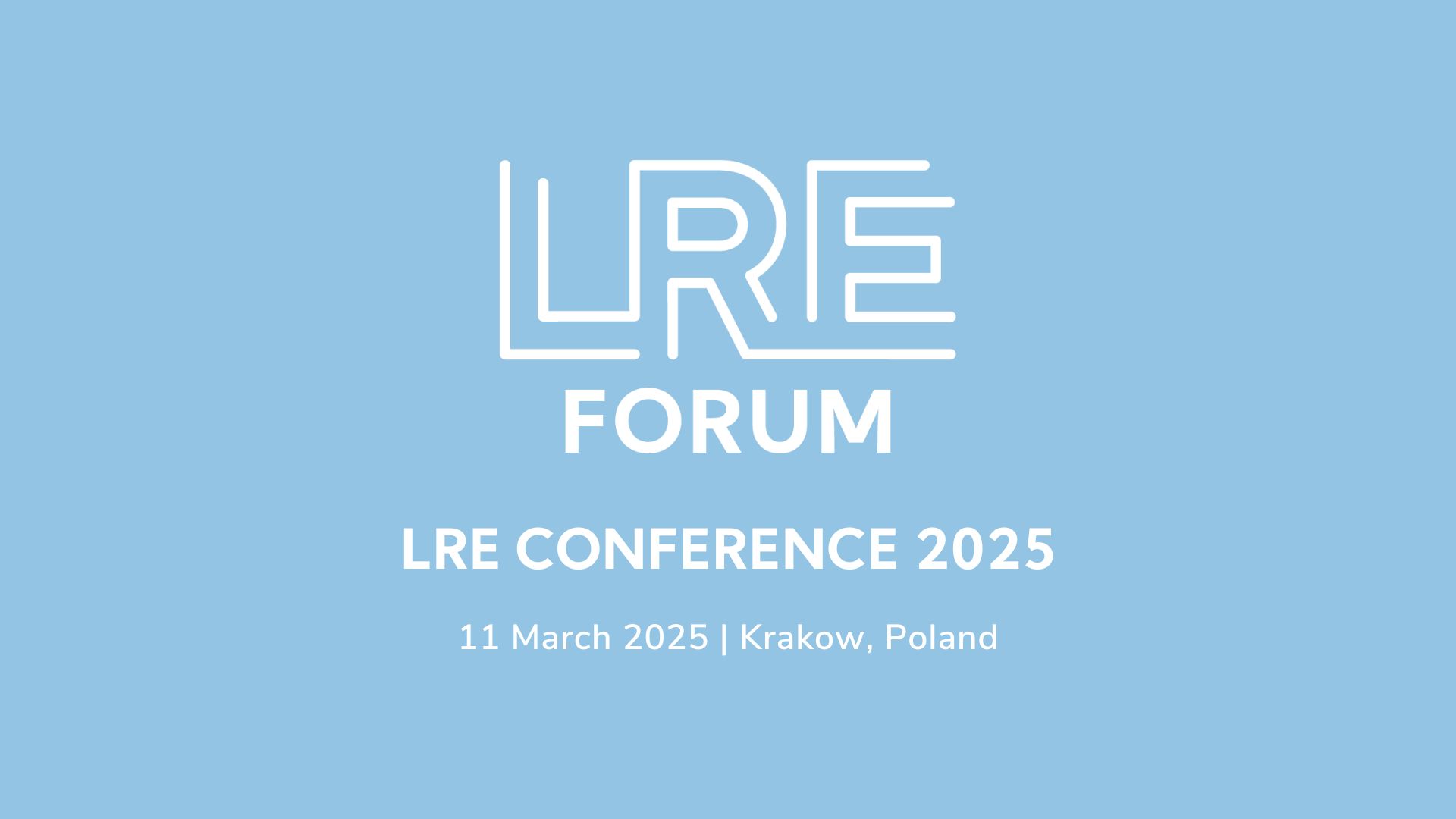The LRE Conference 2025, titled Resistance to Oblivion – Preserving WWII Memories and Lessons for Future Generations, will take place on 11 March in Kraków, Poland. The event will bring together historians, museum professionals, memory activists and other exceptional speakers to explore how to keep the memory of World War II alive and relevant in today’s world. The conference is part of the Resistance Through Their Eyes project and is funded by the European Commission.
As we move further away from the events of World War II, the urgency to preserve its memories and lessons grows ever more critical. The passage of time naturally leads to the fading of personal recollections, and with each passing year, the number of survivors, eyewitnesses, and veterans who can share their firsthand experiences decreases. The LRE Conference 2025 seeks to confront this challenge head-on, investigating and proposing measures to ensure that these memories are not only preserved but actively integrated into our cultural and educational systems. Resistance to Oblivion is more than just a title, it’s a call to action. It invites all participants to engage deeply with the past, to understand its significance, and to work collectively towards ensuring that the lessons of WWII remain vivid and instructive for future generations.
The LRE Conference 2025 Programme:
The conference will open with remarks from Rémi Praud, Managing Director of the LRE Foundation, who will moderate the event, alongside Dr. Paweł Sękowski from the Jagiellonian University’s Institute of History. Together, they will introduce the key themes of the day: the preservation of WWII memory, the evolving role of historical narratives, and the impact of contemporary conflicts on our understanding of the past.
The keynote speech, Layers of Memory—World War II and Contemporary Conflicts, will be delivered by Yuriy Savchuk, Director of the National Museum of the History of Ukraine in the Second World War. His address will examine the ways in which WWII memory interacts with current conflicts, particularly in Ukraine, and how war documentation shapes historical narratives for future generations.
A central part of the conference will be the panel discussion Memory in a Challenged World—Preservation, Exploration, and Responsibility. Experts including Adelina Hetnar, Head of the Educational Projects Department of the Auschwitz-Birkenau Memorial and State Museum, and Victor-Jan Vos, Director Collections and Services, Institute for War, Holocaust- and Genocide studies will delve into the complexities of maintaining historical accuracy while adapting to modern educational needs. The discussion will address pressing issues such as the resurgence of antisemitism, the impact of intolerance on historical memory, and the responsibility of institutions to engage with new audiences. The session will be moderated by Oriol López-Badell, coordinator of the European Observatory on Memories (EUROM).
The final session of the day, Generations in Dialogue—The Legacy of WWII Memory, will offer a personal perspective on how war memory is inherited and reinterpreted over time. Tania Szabo, daughter of SOE agent Violette Szabo, Karolina Maczek, granddaughter of General Maczek, and Noemie Lopian, daughter of Holocaust survivors Dr Ernst Israel Bornstein and Renee Bornstein will reflect on their families’ legacies and discuss how younger generations engage with these historical narratives.
The LRE Conference 2025 is open to all. Register now to be part of this key conversation on preserving WWII memory for future generations.
